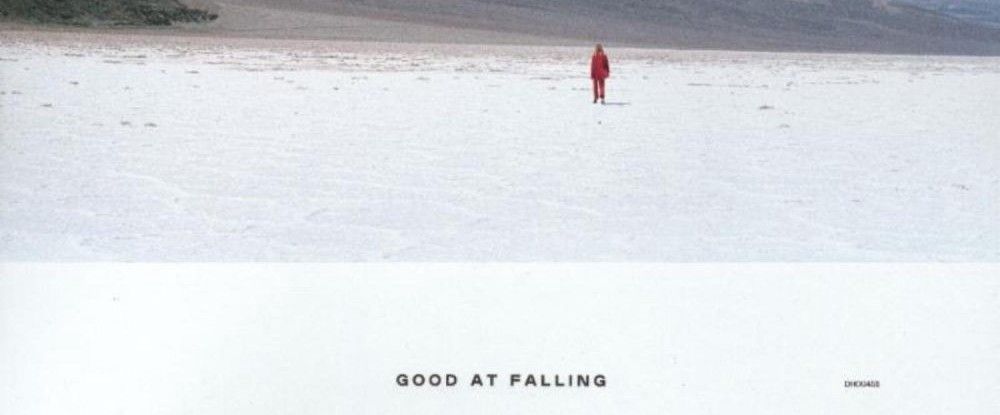The Japanese House brings an element of relatability to debut full-length ‘Good at Falling’

The Japanese House
Good at Falling
Dirty Hit Limited / Interscope · March 1, 2019
Good at Falling is the terrifically honest debut album by Amber Bain under the moniker The Japanese House. While some tracks may come across as convoluted with auto-tuned vocals and synth, there is a thread of honesty throughout the album. With help from George Daniel, drummer for the legendary pop-rock favorite The 1975, Bain ponders her still raw feelings about past relationships in each song. Good at Falling tells a holistic story of young love: getting lost in it, losing it, and getting over it. Self-discovery goes hand in hand with each process; each time a relationship ends and another begins, Bain learns more about herself. This journey will resonate with anyone who has been through a similar experience.
Starting off the cycle of newfound love, “Lilo” is about looking for and eventually finding a new significant other after a period of being alone. Upon finding them, Bain says that “It was the person I’d been counting on/ It felt good, it felt transitional/ A feeling I’d been waiting on.” With serene vocals that ebb and flow, this melodic track gives the feeling of floating through a dark tunnel, only to spot a light at the end of it.
Next in the evolution of her experience is Bain’s expression of how she felt while in love. In “Maybe You’re the Reason,” Bain contemplates the notion that her life has no purpose without her partner. This track is a bit subtle, as it sounds light and happy while addressing the decidedly heavy search for life’s meaning. She only comes up with one explanation, that being with her partner is the reason for her existence.
Bringing her experience full circle, “Somethingfartoogoodtofeel” expresses the feeling of disbelief after heartbreak. She wraps up the experience of having met someone, falling in love with them, and subsequently ending things with a reflection of the relationship. Over a slowly swelling melody, Bain questions whether the happiness of the relationship could have existed in reality.
In “Worms,” my personal favorite off of the album, Bain acknowledges that even though she’s young, she knows what love is. Its enchanting use of echoes and vocal layering captivates the audience, expertly drawing attention to her argument that she is able to identify real love, and subsequently knows when it is worth pursuing.
The self-reflection displayed in the lyricism of Good at Falling displays Bain’s navigation of love as a young, queer woman. The mere level of intense contemplation she puts herself through is impressive. The feelings that she identifies are relatable to any audience, as they are complex yet universal. Everyone feels love and loss at some point in their life, and Bain gives beauty to these feelings through each song.
Lyrically, she does a great job of conveying exactly how each phase of love has affected her, but Bain’s heavily autotuned voice sometimes distracts from the meaning of each song. Clarity of sound typically enables an audience to decipher each meaningful lyric, but Bain seems to shy away from this in Good at Falling. There is such a heavy amount of autotune in addition to the complex layering she uses, which detracts from the depth of her lyricism. There’s a lack of clarity in much of the album that can be confusing to a first-time listener; however, a few subsequent listens unveil a treasure trove of deeper meanings. As a debut full-length album, Good at Falling is excellent. Part of the journey of listening to an album is being able to decipher lyrics and their meanings. Stick with this one, and you won’t be disappointed. There’s a lot to find here.